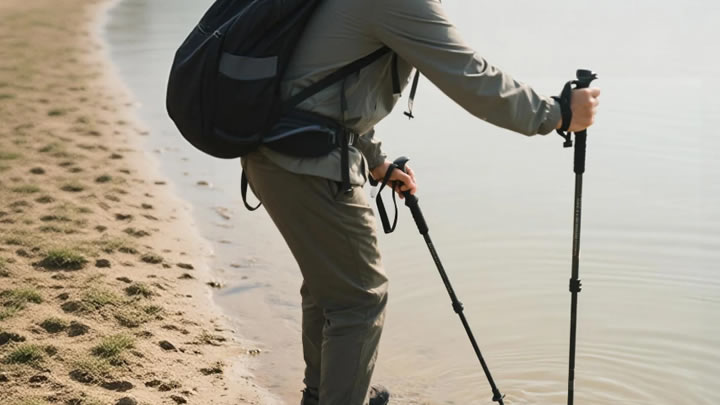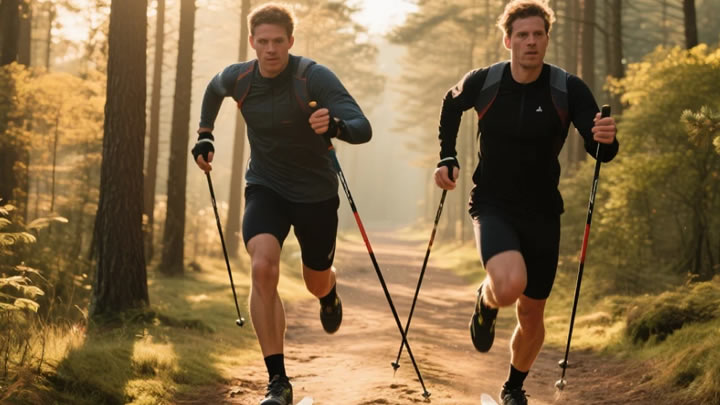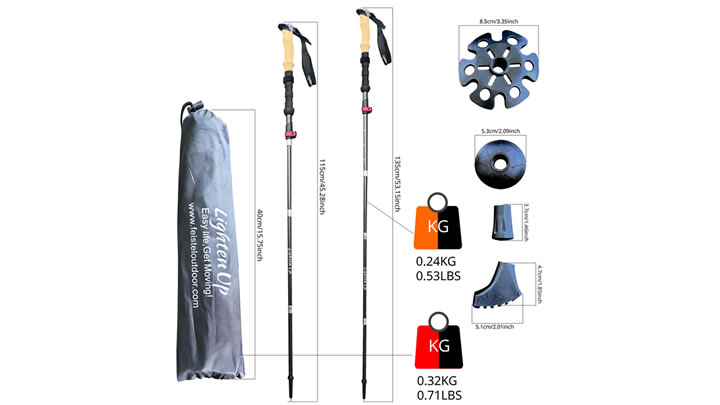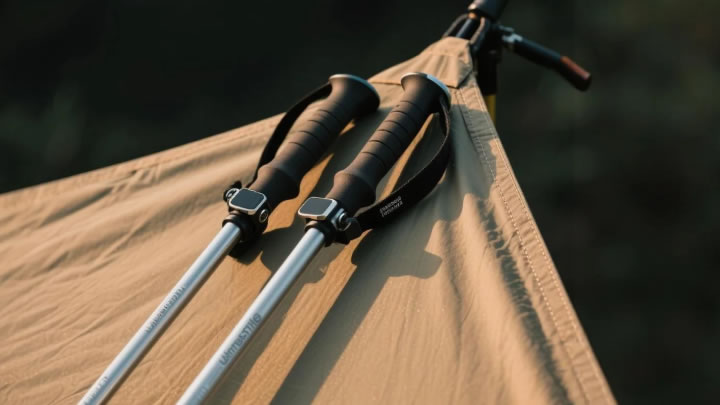Camping storage boxes with wheels: Are they practical?
Wheeled camping storage boxes promise convenience, but their practicality hinges on your camping style, terrain, and gear demands. Let’s dissect their pros, cons, and ideal use cases to determine if they’re worth adding to your outdoor kit.

1. Key Advantages of Wheeled Camping Boxes
A. Effortless Heavy-Duty Transport
Wheels eliminate the need for heavy lifting, making them ideal for:
- Coolers: Hauling 50+ lbs of ice and food to remote campsites.
- Group Gear: Transporting bulky tents, chairs, or cooking stations.
- Rough Terrain: All-terrain tires (e.g., inflatable rubber) handle sand, gravel, or mud better than standard wheels.
B. High Capacity Without Sacrificing Mobility
Models like the YETI LoadOut GoBox 60 (60L) or Pelican 1610 Transport Case offer 100+ lbs capacity while remaining rollable.
C. Multi-Functional Design
- Use the box as a makeshift seat or table.
- Secure gear to roof racks via built-in tie-down points.
2. Drawbacks to Consider
A. Added Weight and Bulk
Wheeled boxes weigh 15–30 lbs empty, unsuitable for:
- Backpacking: Too heavy for trails.
- Small Vehicles: May monopolize trunk space.
B. Terrain Limitations
- Thin Plastic Wheels: Prone to cracking on rocky trails.
- Sand/Soft Ground: Wheels sink without wide, treaded tires.
C. Higher Cost
Quality wheeled boxes cost 30–50% more than non-wheeled equivalents (e.g., $300+ for rotomolded options).
3. Who Should Invest in Wheeled Boxes?
- Family Campers: Simplify hauling gear for 4+ people.
- Overlanders: Ideal for vehicle-based trips with heavy equipment.
- Festival or Beach Campers: Navigate flat, open spaces effortlessly.
Avoid if you prioritize ultralight packing or hike to remote sites.
4. How to Choose the Right Wheeled Box
A. Wheel Quality
- Inflatable Rubber Tires: Best for uneven terrain (self-repairing tubes add reliability).
- Solid Wheels: Low-maintenance but less shock-absorbent.
B. Frame and Handle Design
- Telescoping Handles: Adjust for user height (e.g., Cabela’s Outfitter Series).
- Reinforced Corners: Protect against drops (look for aluminum reinforcements).
C. Waterproofing and Security
- IP67 Rating: Critical for river crossings or rainy climates.
- Lockable Latches: Deter wildlife or theft in public campsites.
5. Top-Rated Wheeled Camping Boxes
- YETI LoadOut GoBox 60: Combines 60L capacity, rust-proof bearings, and 360° wheels.
- Front Runner Wolf Pack XL: Modular, lightweight (18 lbs), and compatible with roof racks.
- Plano Sportsman’s Trunk: Budget-friendly with dual wheels and 108L capacity.
6. Maintenance Tips for Longevity
- Clean Wheels After Trips: Remove debris to prevent axle damage.
- Lubricate Axles: Use silicone spray monthly to ensure smooth rolling.
- Store Flat: Avoid warping the frame by keeping it level.
7. Alternatives to Wheeled Boxes
- Collapsible Wagons: Pair with standard boxes for flexible transport (e.g., Mac Sports Wagon).
- Backpack-Style Carriers: Distribute weight evenly for moderate loads.
Final Verdict
Wheeled camping storage boxes are practical for car campers, families, or overlanders who prioritize convenience over weight savings. They excel in scenarios requiring heavy gear transport across manageable terrain but fall short for backpacking or technical trails. Prioritize models with all-terrain tires, rust-resistant parts, and a minimum 50L capacity to justify the investment.






